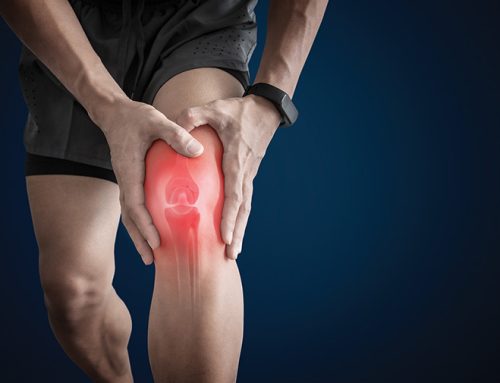By Dr. Jenna Dye, Naturopathic Physician
Food is one of the most common causes of inflammation in the body. This inflammation can lead to chronic illnesses. In naturopathic medicine, we focus on diet in detail to find potential foods that may be impacting your health. Once those foods are identified we can eliminate them and begin to nourish the body with foods that decrease inflammation, while healing the digestive tract.
There are two main types of immune reactions to foods. An IgE reaction is an immediate reaction that can occur within minutes of consuming a particular food. This reaction is often severe and easier to pinpoint which food was the culprit. A common example is a Peanut IgE reaction. After consumption there can be symptoms of hives, swelling, and difficulty breathing. Consuming these foods can be dangerous and must be avoided.
The other type of immune reaction is an IgG reaction. This is more of a sensitivity rather than a true allergy. This is a delayed reaction that can occur within hours or up to days after consuming a particular food. These reactions are often less severe and harder to identify. Reactions can include generalized fatigue, brain fog, muscle or joint pain, constipation, gas, bloating, abdominal discomfort, eczema, and other skin conditions.
There are different ways to identify food sensitivities. The gold standard is the basic elimination diet. We eliminate the most common highly allergenic foods for a period. Once symptoms have resolved we can then slowly reintroduce them and see how the body reacts. Common allergenic foods are dairy, wheat, eggs, corn, and soy.
Another way to test for sensitivities is an IgG blood test. This is a sensitivity test that allows us to identify up to 100-200 different types of foods that may be negatively reacting in the body. These results can help us decide which specific foods to eliminate based on the level of reactivity.
Whichever way we identify food sensitivities, we eliminate those foods while healing the gut with additional naturopathic support. It can take up to six to eight weeks for symptoms to resolve. Imagine it is like a pair of shoes that causes a blister, you need to remove the shoe for a while, let the blister heal and then try the shoe on again. If the blister does not return then you can wear the shoes, if it does then it needs more time to heal.
A naturopathic physician can offer a more comprehensive and individualized approach to help you identify, eliminate, and heal any obstacles that may be impacting your health. Food is one of the simplest places to begin the healing process.
Dr. Jenna Dye is a licensed naturopathic physician. Her role is to support the body’s foundation to restore and maintain optimal health. Together with her patients, this is achieved by identifying and removing barriers that may be impacting health while creating a healing environment. For more information visit drjennadye.com.





